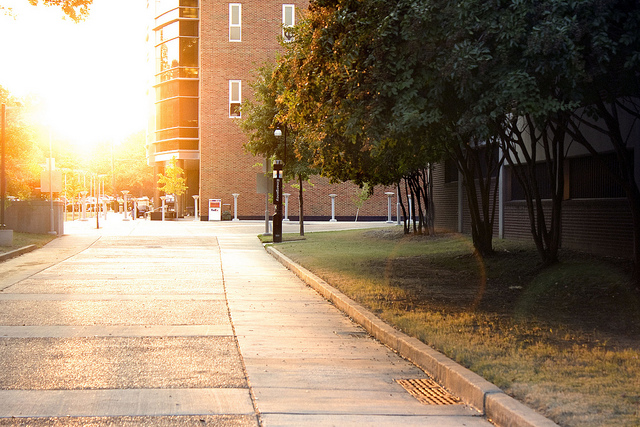
The Tennessee Board of Regents says it will oppose any legislation next session that would let people carry a gun on college campuses.
It’s currently a felony under state law for anyone on campus to carry a weapon, even with a permit. It is, however, now legal to have a gun stowed away in a locked car, although that still goes against TBR policy.
More legislation could come up in 2016. State Sen. Mike Bell, R-Riceville, has said he might propose a bill to allow firearms at some colleges. He believes more guns would help prevent mass shooters like the one this year at an Oregon campus.
But at a recent TBR
meeting, the police chiefs of Roane
State Community College and the University of Memphis told the board that they don’t think more guns are helpful.
“Introducing additional civilian firearms on campus would potentially create catastrophic issues for our professionally-trained police responders,” said Tom Stufano, chief of police at Roane State.
If there were an active shooter, he said, police would have to treat each gun-holder as a potential threat.
“The potential of boundless civilian personnel carrying weapons will hinder the reaction time of the officers responding,” Stufano said, adding that it would also
increase the possibility that someone with a firearm would shoot the wrong person.
In addition to opposing any guns-on-campus legislation, the Board of Regents will also talk to lawmakers about securing more funding for security measures. The possibilities discussed at the board meeting include better warning systems at the state’s technical colleges — some of which don’t even have a school-wide intercom or trained security guard, said TCAT Knoxville director Dwight Murphy.
“At Knoxville, I have an off-duty police officer,” Murphy said. “Most of the smaller schools don’t have that luxury on their campuses.”
Bruce Harber, chief of police at the University of Memphis, pointed out these issues are also a hot topic with parents.
“I speak to the incoming freshmen parents every year,” he said. “The questions used to be primarily [about] sexual assault, maybe alcohol — the things we’ve been dealing with for years. Now the parents want to know: How prepared are we to handle any type of emergency response?”


